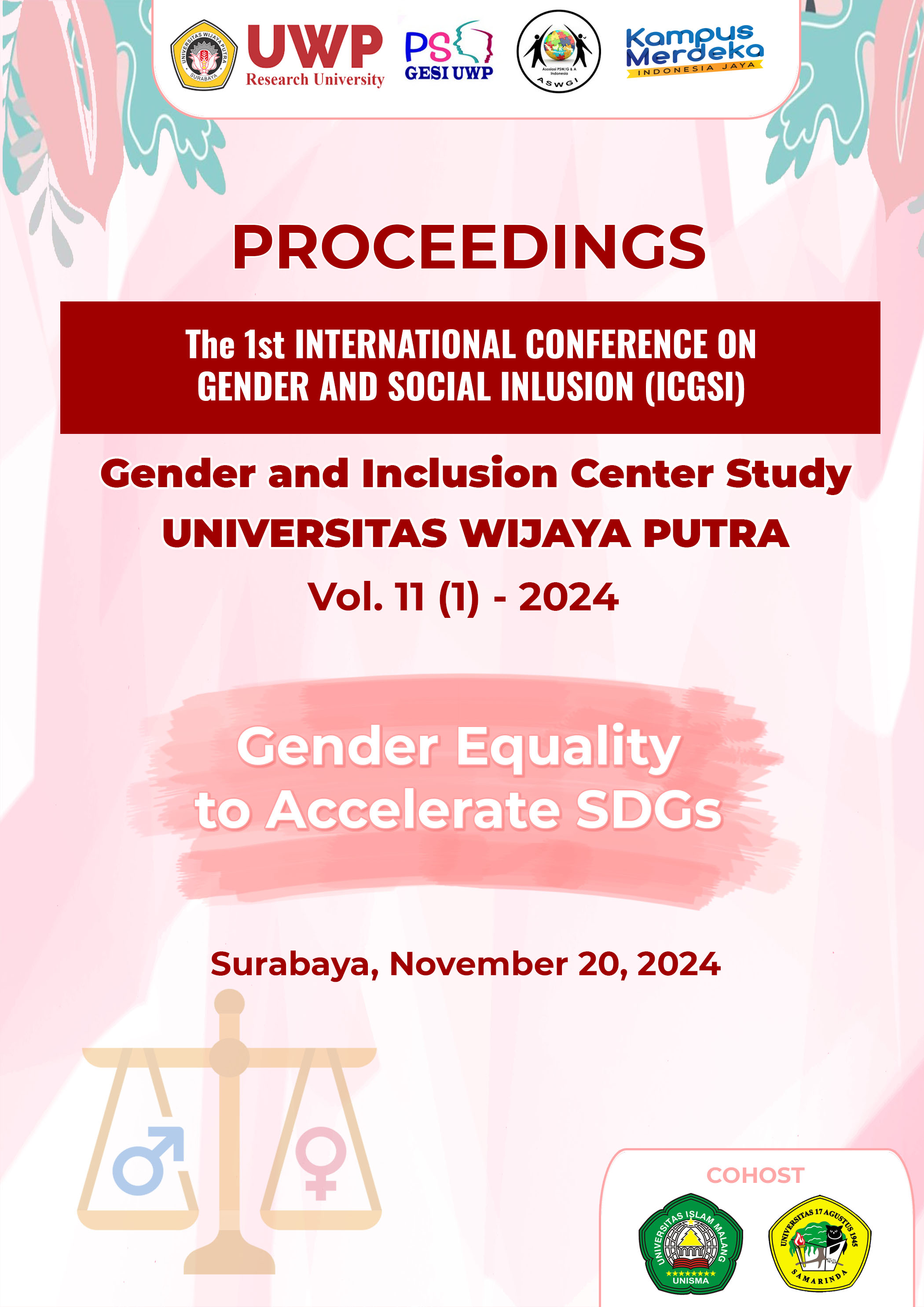THE ROLE OF TECHNOLOGY AND WORK FLEXIBILITY ON WORK-LIFE BALANCE OF GENERATION Z IN THE DIGITAL ERA
DOI:
https://doi.org/10.38156/gesi.v9i1.393Kata Kunci:
Generation Z, technology, Work Flexibility, Work-Life Balance, BurnoutAbstrak
This study aims to analyze the influence of technology and work flexibility on the work-life balance of generation Z in the digital era. In an era of increasingly advanced technology, generation Z as a group of young workers faces new challenges and opportunities in maintaining a balance between work and personal life. This study uses a qualitative approach with a phenomenological method, involving in-depth interviews with 15 generation Z professionals working in various industries. The results show that technology and work flexibility provide freedom for generation Z to work remotely and manage their working hours. However, technology also blurs the boundaries between work and personal life, resulting in pressure to always be available and responsive to work. Most participants expressed that although flexibility provides benefits, they often find it difficult to separate personal time and work, which risks causing burnout. These findings emphasize the importance of clear organizational policies regarding work time boundaries and the use of technology to support a healthy work-life balance. This study suggests that companies provide stress management training and develop policies that support a clear separation between work and personal time to prevent negative impacts on employee well-being. Thus, this study contributes to the understanding of how technology and work flexibility affect generation Z in maintaining a work-life balance in the digital era.
Referensi
Braun, V., & Clarke, V. (2006). Using thematic analysis in psychology. Qualitative Research in Psychology, 3(2), 77–101. https://doi.org/https://doi.org/10.1191/1478088706qp063oa
Chesley, N. (2014). Information and communication technology use, work intensification, and employee strain and stress: A theoretical review. Work, Employment & Society, 28(2), 214–232. https://doi.org/https://doi.org/10.1177/0950017013500112
Creswell, J. W., & Poth, C. N. (2017). Qualitative Inquiry and Research Design: Choosing Among Five Approaches (4th ed.). Sage Publications.
Deloitte. (2022). Global Millennial and Gen Z Survey 2022. Deloitte.
Denzin, N. K. (2017). The Sage Handbook of Qualitative Research (5th ed.). Sage Publications.
Dimock, M. (2019). Defining generations: Where Millennials end and Generation Z begins. . Pew Research Center.
Kelliher, C., & Anderson, D. (2010). Doing more with less? Flexible working practices and the intensification of work. Human Relations, 63(1), 83–106.
Kvale, S., & Brinkmann, S. (2015). InterViews: Learning the Craft of Qualitative Research Interviewing (3rd ed.). SAGE Publications.
Lippe, T. V. D., Ruijter, J. D., & Ruijter, E. D. (2020). Flexible work: Unraveling the effects of ICT, work–home boundaries, and role stress. Journal of Business and Psychology, 35(3), 313–316. https://doi.org/https://doi.org/10.1007/s10869-019-09630-1
Mazmanian, M., Orlikowski, W. J., & Yates, J. (2013). The autonomy paradox: The implications of mobile email devices for knowledge professionals. Organization Science, 24(5), 1337–1357. https://doi.org/https://doi.org/10.1287/orsc.1120.0806
Moustakas, C. (1994). Phenomenological Research Methods. SAGE Publications.
Parker, K., & Igielnik, R. (2020). On the cusp of adulthood and facing an uncertain future: What we know about Gen Z so far. Pew Research Center.
Przytuła, S., Strzelec, G., & Krysińska-Kościańska, K. (2020). Reactions to remote work in Poland due to COVID-19: An employee perspective. International Journal of Environmental Research and Public Health, 17(21), 7910. https://doi.org/https://doi.org/10.3390/ijerph17217910
PwC. (2020). PwC’s NextGen Survey: The future of work for Generations Y and Z. PricewaterhouseCoopers.
Silverman, D. (2016). Qualitative Research (4th ed.). SAGE Publications.
Smith, A., Jones, B., & Lee, C. (2021). Constant connectivity and its psychological implications among Generation Z. Journal of Occupational Health Psychology, 26(4), 455–467. https://doi.org/https://doi.org/10.1037/ocp0000274
Smith, J. A., Flowers, P., & Larkin, M. (2009). Interpretative Phenomenological Analysis: Theory, Method and Research. SAGE Publications.
Spreitzer, G., Cameron, L., & Garrett, L. (2017). Alternative work arrangements: Two images of the new world of work. Annual Review of Organizational Psychology and Organizational Behavior, 4, 473–499. https://doi.org/https://doi.org/10.1146/annurev-orgpsych-032516-113332
Toscano, F., & Zappalà, S. (2020). Social isolation and stress as a consequence of remote working: Results of a survey on Italian workers during the COVID-19 pandemic. Sustainability, 12(23), 9804. https://doi.org/https://doi.org/10.3390/su12239804


